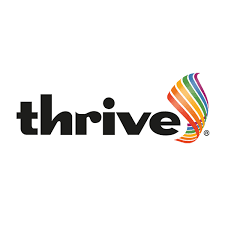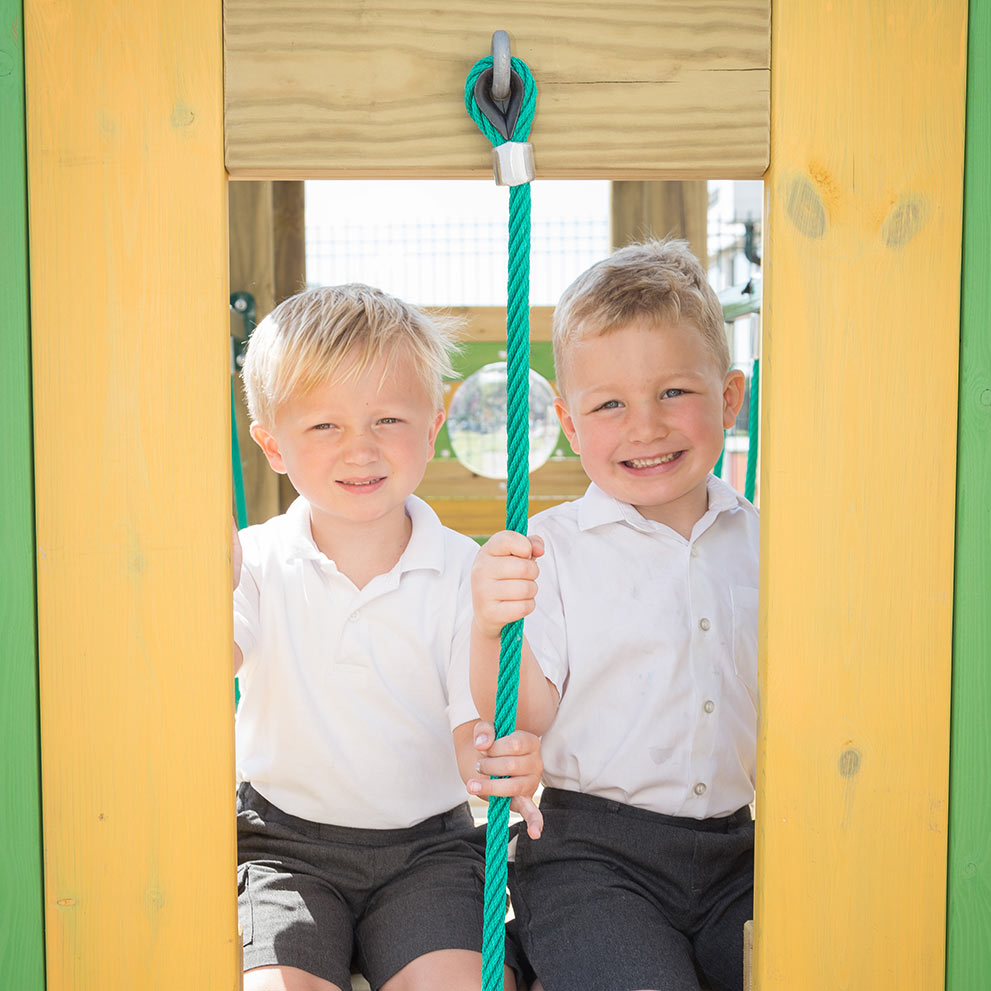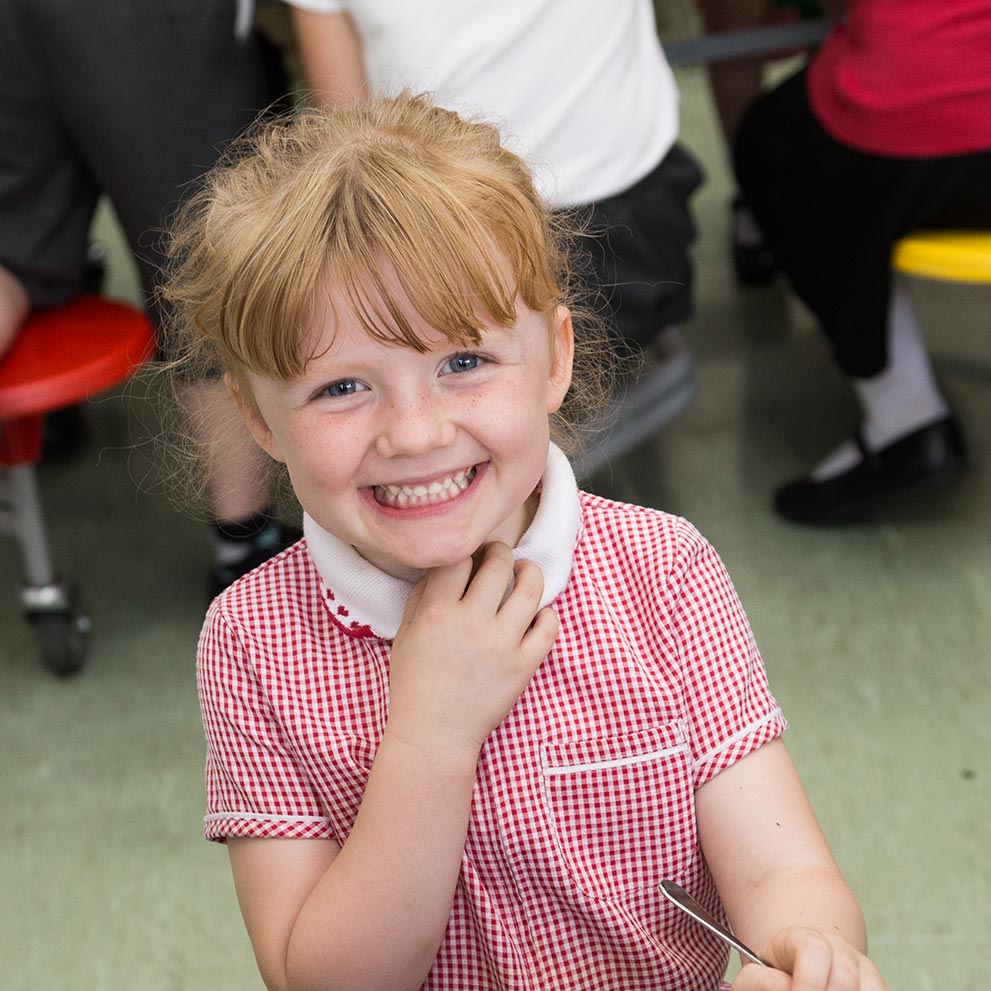- Home
- Our Academy
- Parents
- The School Day
- Foundation Stage - Reception
- Well-being
- Breakfast Club
- After School Clubs
- Home Learning
- Safeguarding Information and Guidance
- Online Safety
- School Holiday Pattern
- Attendance
- School Uniform
- Parents/School Meals & Packed Lunches
- Late/Absence Procedures
- Willow Graduate Programme - Independent Study Resources for Pupils
- Parent View
- Special Educational Needs & Disabilities
- Policies & Risk Assessments
- Curriculum
- News & Events
- Contact Us
School Aims and Values
We are a friendly, vibrant two form entry primary academy in Bessacarr, Doncaster with 400 children aged 4 to 11 and we are proud to be part of Exceed Learning Partnership
Our Ethos, Vision and Values
EVERY CHILD, EVERY CHANCE, EVERY DAY
Children within our school and Trust will always be our main priority, with personalised learning as our starting point, making the challenges of 'Helping Children Achieve More' a reality.
Every child will have the opportunities to expand their horizons, and build the confidence, talents, interests, skills and qualifications to succeed as they make their way towards a fulfilling and prosperous adulthood.
The amount of time children spend in education is finite. We have a responsibility to ensure every moment a child is in our school must be spent productively.
Once wasted, it is gone forever and cannot be given back.
Our Trust's Vision
Our vision is to equip young people with the knowledge, skills and mind-set to thrive and then take on the world!
We will achieve our vision by every child developing:
· a greater understanding of themselves as a learner
· recognise what their strengths are
· how they can share their strengths with others
· understand what steps they need to undertake for their continual learning journey
· Pupils will be encouraged and inspired to believe in themselves, build dreams and aspirations and strive to achieve these.
Our Trust's Values
INSPIRE - Embodied in the Trust motto, “Every Child, Every Chance, Every Day”, all members of our organisation aim for excellence in their individual professional roles, in our innovative, evidenced-based practice and in our pupils so that we can all fulfil our potential in whatever we aspire to do or be!
INCLUDE - We are concerned with achieving equitable, diverse and quality education for all pupils. Social justice includes a vision of society in which the distribution of resources is equitable and all members are physically and psychologically safe and secure.
INTEGRITY - We respect the individuality of our academies and their communities and always act with integrity. By allowing high levels of autonomy wherever possible, we are able to nurture personalised learning approaches and focus on developing holistic people.
EXCEED - Excellence and enjoyment should be an entitlement for all children and adults working in our Trust. We are developing cutting-edge, research-informed and highly engaging pedagogies that ensure high levels of progress and rapid development of staff; leading to the highest levels of achievement for all!
WILLOW'S ASPIRE VALUES:
The Trust's core values link perfrectly with our own school's individual ASPIRE Values; they help us to make the right choices, foster a love of learning and develop enquiring minds; enable all our children to overcome barriers and reach their full potential; ensure that our children value themselves as unique individuals, celebrating diversity and respecting differences and to work together as a community to enable all our children to develop as responsible citizens.
Our school's ASPIRE values are evident in and promoted through our curriculum:
A. We are AMBITIOUS to achieve our best
S. We show we want to succeed by being SELF-MOTIVATED
P. We enjoy school life and overcome challenges by being POSITIVE
I. We show bravery and INDEPENDENCE
R. We care for others and always show RESPECT
E. We focus on learning by being ENGAGED in everything we do
Education is a partnership between home and school and we place a great deal of emphasis on our partnership with parents and the community. We believe that children learn best when home and school work together.

We are proud to use the Thrive Approach to emotional and social wellbeing and development to support our pupils. This support can bethrough individial 1-1 sessions or through class Thrive.



Our school's aim, curriculum and approach to teaching:
The aim of Willow Primary School is to provide opportunities for children to develop as independent, confident, successful learners with high aspirations who know how to make a positive contribution to their community and the wider society.
Our ASPIRE Values permeate through everything we do and we expect our pupils to be ambitious to achieve their very best through being positive, self-motivated, engaged in their learning and independent in their decisions. There is a high focus on developing children’s moral, spiritual, social and cultural understanding.
We aim for all our pupils to enjoy their education and most make progress in all areas of learning, and to support this, pupils at all levels are helped to achieve their potential. Those who are most able are challenged and supported through appropriate extension activities. Those who struggle are encouraged and given targeted support to embed skills, to develop at their own pace or simply to learn in a style that best suits their individual needs.
The school’s focus on curriculum development has been carefully designed to ensure knowledge, breadth of coverage and progression. It provides pupils with memorable experiences, in addition to diverse and rich opportunities from which children can learn and develop a range of transferable skills.
A primary focus of our curriculum is to develop our curriculum drivers (see information in the Learning/ Curriculum Information section of the website), engender a sense of personal pride in achievement, and provide a purpose and relevance for learning.
Subject Champions play an important part in the success of the curriculum by leading a regular programme of monitoring, evaluation and review. They each collate evidence in subject leaders’ files and regularly hold pupil interviews in order to check on knowledge and skill acquisition. Subjects are planned to ensure progression of knowledge and skills across school. The curriculum design ensures that the needs of individual and small groups of children can be met within the environment of high quality first wave teaching, supported by targeted, proven interventions where appropriate. In this way it can be seen to impact in a very positive way on pupil outcomes.
Enjoyment of the curriculum promotes achievement, confidence and good behaviour. Creatively produced topic displays give children a sense of pride in the presentation of their work and we expect our children to work towards an audience and purpose so that their learning outcomes are meaningful and worthy of sharing, often with parents and members of the community.
High quality visits and visitors enhance the curriculum and provide opportunities for writing for a purpose. To promote physical health and well-being, a range of extra-curricular clubs gives pupils an opportunity to access a variety of sports clubs after school hours.
Our PSHCE scheme (You, Me and PSHCE) provides children with opportunities to discuss and learn about personal health, wellbeing, safety, relationships (including anti-bullying work), differences and aspirations.
Our diversity, heritage and community work helps children to realise that everyone is special and unique and we should celebrate differences and different kinds of families. In recognising the development of the whole child the pastoral support given to children so they can access the curriculum is very strong. Various programmes of support are provided for children where a need has been identified such as self-esteem, anger management and bereavement, this is led by our inclusion team which includes a dedicated Inclusion and Well-being Support worker.
Our Principles for Learning and Teaching
- All children are entitled to be engaged in their learning and to be active learners; enquiring, discovering and finding out about our world.
- All children are entitled to understand what they have achieved and know what to do to make progress.
- All children are entitled to be independent, engaged and self-motivated learners; raising their own questions.
- All children are entitled to time to evaluate and reflect on their learning and the development of their Learning Superpowers (resilience, collaboration, evaluation and investigation skills).
- All children are entitled to teaching that inspires their learning. Our teaching approaches are developed using a research led approach and school leaders use evidence from the Education Endowment Foundation research is used to guide approaches to teaching and learning sequences. Our approach to developing teaching is underpinned by Rosenshine’s Principles of Instruction.
- All children are entitled to teaching that encourages them to be creative.
- All children are entitled to be challenged and enjoy learning, as well as encouraging reasoning, problem solving.
- All children are entitled to develop spiritually, morally and as members of their community and the wider community
Overview of Learning Superpowers
Resilience
- Ability to organise themselves and work out goals and priorities
- Show personal responsibility, initiative, creativity and enterprise
- Anticipate, take and manage risks
- Commit themselves to learning and self-improvement
- Respond positively to change
Collaboration
- Engage actively with issues that affect them and those around them.
- Play a full part in the life of the school
- Take responsible action to bring improvement for others as well as themselves
- Discuss issues of concern, seeking resolution
- Present a persuasive case for action
- Propose practical ways forward
- Try to influence others, negotiating and balancing diverse views
- Work confidently with others, adapting to different contexts and taking responsibility for their own role
- Listen and take account of others’ views
- Form collaborative relationships, resolving issues and reaching agreed outcomes
- Adapt behaviours to suit different roles and situations
- Show fairness and consideration towards others
Evaluation
- Evaluate their strengths and limitations as learners
- Review their work and act on outcomes
- Set themselves realistic goals and criteria for success
- Monitor their own performance and progress
- Invite feedback and deal positively with praise, setbacks & criticism
- Make changes to improve their learning
- Communicate their learning in relevant ways to different audiences
Investigation
- Gather, process and evaluate information in their investigations
- Plan what to do and how to go about it
- Draw conclusions and evaluate outcomes
- Take informed and well-reasoned decisions, recognising that other have different beliefs and attitudes
- Use range of techniques to collect and organise information
If you would like any more information about the school, or to arrange a visit, please contact us. We look forward to meeting you.